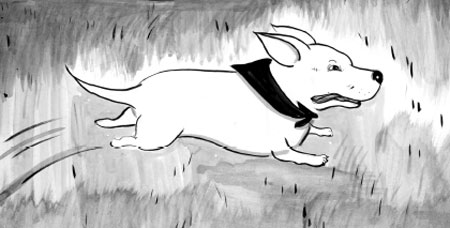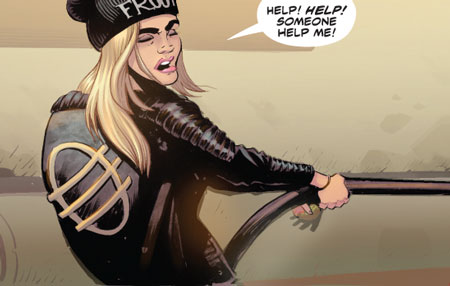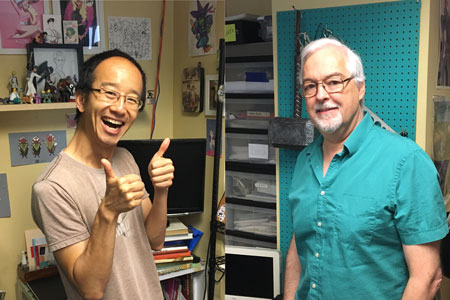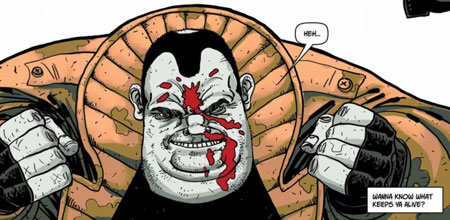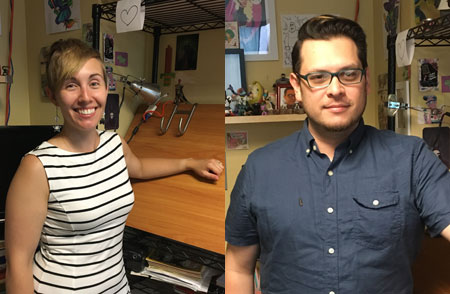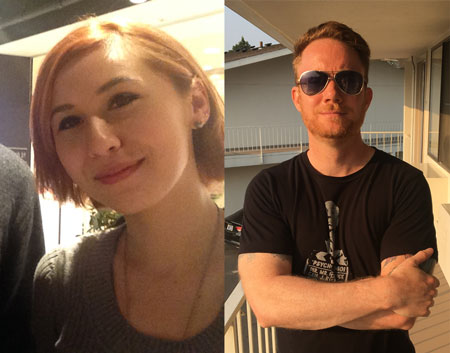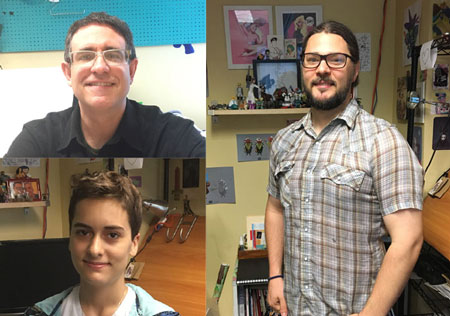
Three more talks with the folks at Helioscope Studio in Portland in this episode!
Steve Lieber, an artist in his own right and also manager of the studio, gives us a brief history of the studio (including its self-naming woes) and tips on how to start your own studio.
Intern/mentee Maria Frantz, a university student and web cartoonist who grew up reading Calvin and Hobbes, explains her internship and the aims of her comics work, and how her generation approaches comics.
Finally, Ben Dewey (Autumnlands, Beasts of Burden) talks about his process of doing art (involving digital pencils and analog watercolors), why you shouldn’t get too fussy over your comics, managing your comics creating time, and what was good about Rob Liefeld’s work.
Podcast: Play in new window | Download
Subscribe: | More


